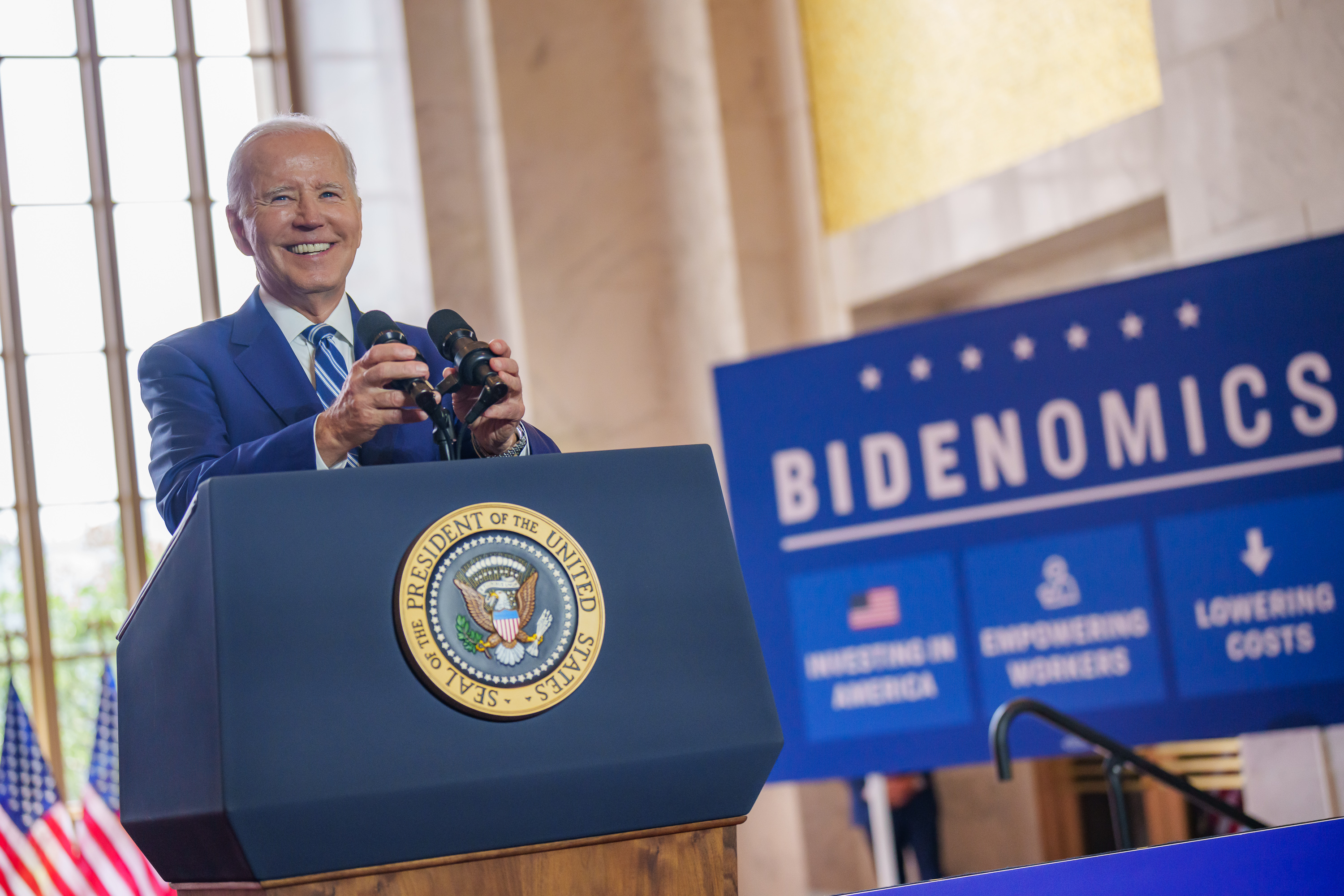
Scott Syroka is a former Johnston city council member.
It’s unclear whether Koch Industries would avoid paying utility replacement taxes worth millions of dollars every year if it acquires OCI Global’s Iowa Fertilizer Company plant in Wever (Lee County).
According to Chuck Vandenberg’s February reporting for the Pen City Current, the Iowa Fertilizer Company plant’s current owner, OCI Global, paid between $2 to 3 million in utility replacement taxes in 2023 alone.
To understand why it’s unknown whether Koch Industries would be required to pay these taxes if it acquires the plant, we must look back in the history books.
After deregulation spread across the country in the 1980s, including in the electric and natural gas industries, the Iowa legislature responded in 1998 by passing Senate File 2146, the Property Tax Replacement and Statewide Property Tax Act.
Continue Reading...







